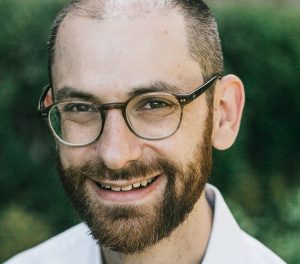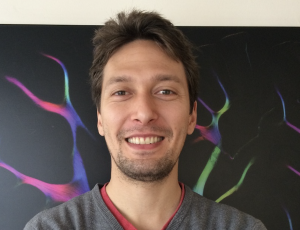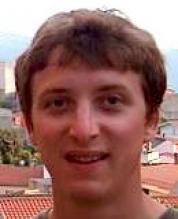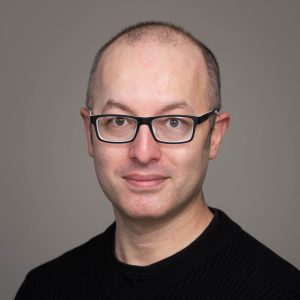About the Course
Computer Science and Philosophy is excellent educationally for those whose interests lie in this direction, and who are prepared to work hard to take advantage of the opportunities available.
The Computer Science Department is one of the largest in the UK and contains within it many world-class research groups. The Philosophy Faculty is the largest philosophy department in the UK, and one of the largest in the world, with more than 70 full-time members, admitting more than 500 undergraduates annually to read the various degrees involving philosophy. Many Faculty members have a worldwide reputation, and the library and other facilities are acknowledged as among the best in the country. The large number of undergraduates and graduates reading philosophy with a variety of other disciplines affords the opportunity to participate in a diverse and lively philosophical community.
Computer Science is about understanding computer systems at a deep level. Computers and the programs they run are among the most complex products ever created by humans; designing and using them effectively presents immense challenges. Facing these challenges is the aim of Computer Science as a practical discipline.
The study of Philosophy develops analytical, critical and logical rigour, and the ability to think through the consequences of novel ideas and speculations. It opens and stretches the mind by considering a wide range of thought and thinkers, on subjects as fundamental as the limits of knowledge, the nature of reality and our place in it, and the basis of morality.
Computer Science and Philosophy can be studied for three years (BA) or four years (Master of Computer Science and Philosophy). Students do not need to choose between the three-year and four-year options when applying. Instead, all students apply for the four-year course, and then decide at the start of the third year whether they wish to continue to the fourth year (which is subject to achieving a 2:1 at the end of the third year).
Teaching in Computer Science and Philosophy, as in most other subjects, has two main components: University lectures and classes, and college tutorials. The lectures and classes are provided and held in the Department of Computer Science and in the Faculty of Philosophy. The tutorials are held in college and cover all first-year courses and roughly half of the second-year courses. Details on the structure of the degree can be found on the Department of Computer Science and the Faculty of Philosophy websites.
The teaching provision at Jesus College is generous in relation to the number of Computer Science and Philosophy students. While many Oxford colleges have only on tutor in Computer Science, Jesus College has several tutors who are committed to research in computer science as well as to teaching, and who together will cover a wide range of subjects.







